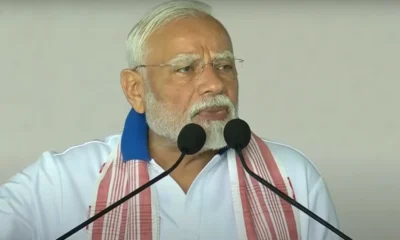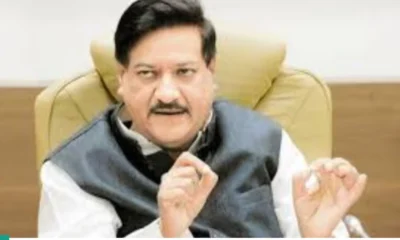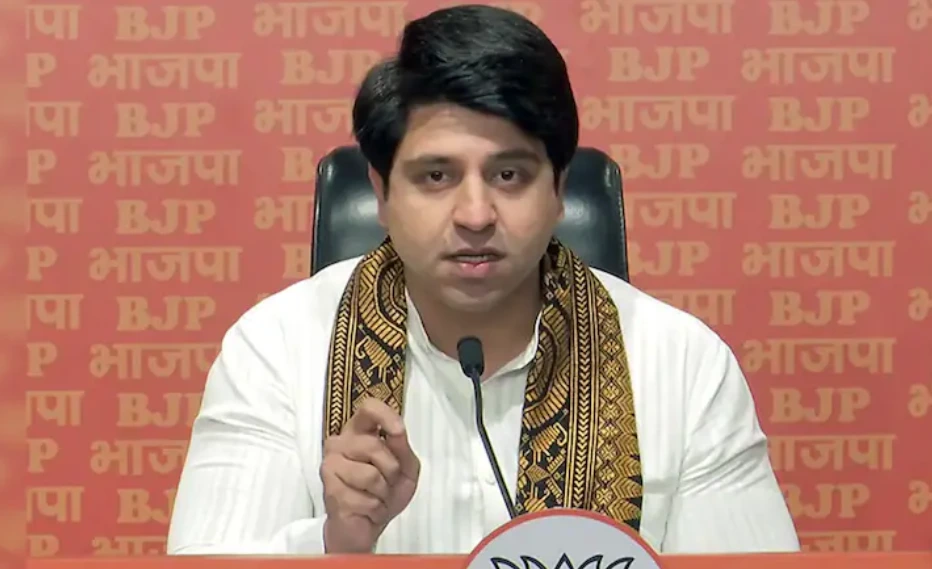India News
PM Modi reaches Zydus Cadila’s plant in Ahmedabad to review Covid-19 vaccine progress, to visit Bharat Biotech and Serum Institute of India later
The PM will later visit Bharat Biotech in Hyderabad and Serum Institute of India in Pune to review their Covid-19 vaccine development and manufacturing process.

India News
PM Modi skips Lok Sabha reply as protests force repeated adjournments
PM Modi did not deliver his Lok Sabha reply today after sustained Opposition protests led to repeated adjournments over a dispute involving Rahul Gandhi’s proposed speech.
India News
President’s Rule revoked in Manipur as NDA set to form new government
President’s Rule has been withdrawn in Manipur nearly a year after its imposition, paving the way for a new NDA-led government under Yumnam Khemchand Singh.
India News
BJP spokesperson Shehzad Poonawalla’s mother injured in hit-and-run incident in Pune
BJP spokesperson Shehzad Poonawalla has alleged that his mother was deliberately hit by a car in Pune and left critically injured. She is scheduled to undergo surgery.
-

 India News18 hours ago
India News18 hours agoThree sisters die after jumping from ninth floor in Ghaziabad
-
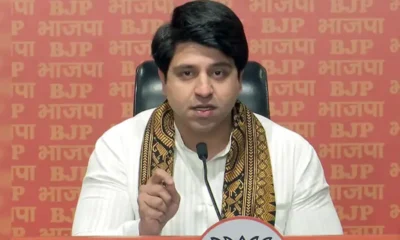
 India News17 hours ago
India News17 hours agoBJP spokesperson Shehzad Poonawalla’s mother injured in hit-and-run incident in Pune
-

 Latest world news17 hours ago
Latest world news17 hours agoMoscow says no word from India on stopping Russian oil purchases
-

 India News18 hours ago
India News18 hours agoUS tariff cut to 18% is positive signal for Indian exporters, says Sitharaman
-
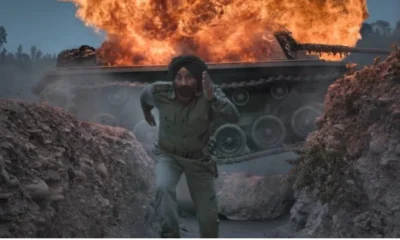
 Entertainment14 hours ago
Entertainment14 hours agoBorder 2 box office collection day 12 crosses Rs 286 crore, eyes Rs 300 crore milestone
-

 India News11 hours ago
India News11 hours agoPresident’s Rule revoked in Manipur as NDA set to form new government
-

 India News8 hours ago
India News8 hours agoPM Modi skips Lok Sabha reply as protests force repeated adjournments









